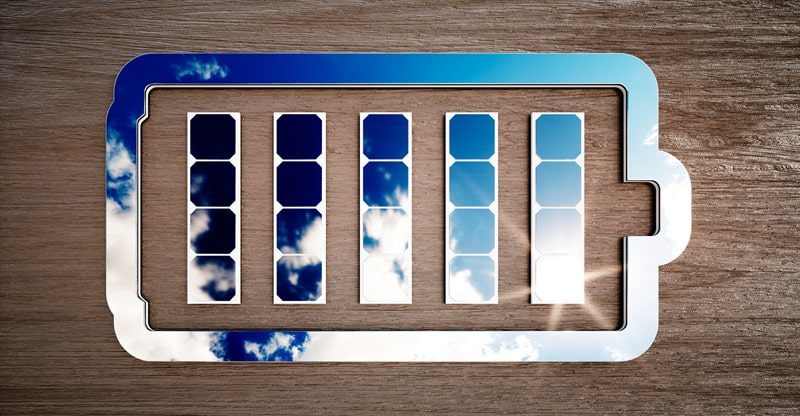Why Do We Need Solar Battery?
Solar panels allow you to tap on free and sustainable energy for your home. We rely heavily on energy for everyday activities, from warming our baths and lighting our homes to cooking our meals and charging our devices. Therefore, finding ways to manage your energy needs makes sense, and a great way to make sure you are getting the most of your solar panels is with the addition of a solar battery.
Learn about the solar battery in this article and the benefits you can gain by including it in your system. If you plan to invest in solar batteries, we have all the details you should know to make an informed decision, from energy capabilities to the costs. Keep reading!
What Is A Solar Battery?
The solar battery complements a solar panel system. Solar batteries store the power generated by panels. The stored energy is usable later if your solar panels break, or factors like lower light conditions reduce output.
The solar battery stores energy in two forms:
Direct Current – DC is the initial energy state before reaching the solar inverter. If your system pays incentives for power generation, it’s easier to encounter losses with a DC system.
Alternating Current – AC is the energy state after it has passed through the solar inverter.
Why Is A Solar Battery Useful?
Installing a solar battery in your solar panel offers various benefits and includes:
• Ability to store extra energy, which you can use later.
• Earning a small profit for selling the energy in the battery back to the electric grid.
• Lower energy bills.
• Greater independence from the energy supply provided by the national grid.
However, the high upfront costs of solar batteries may be daunting for homeowners.
How Much Does A Solar Battery Cost?
The cost of your solar battery primarily depends on its brand. However, more factors also come into play for its pricing, including:
• The life cycle of the battery: Some batteries are expected to last longer than others. The longer the cycle, the higher the price.
• Storage capacity: It is the amount of energy stored in the battery. The higher the capacity, the higher the cost.
• The fraction of the solar battery’s storage capacity that’s usable for your needs.
• The solar battery’s materials and design.
How Much Energy Are You Able To Store In A Solar Battery?
Solar batteries come in varying capacities to accommodate the unique energy requirements of households. The battery’s stored energy is typically measured in kilowatt-hours(kWh).
Based on the model you choose, the solar battery can store up to 15kWh. You can go the extra mile of boosting this figure with additional solar battery modules. If we put it into perspective, washing machines tend to utilise 2.25 kWh/hour.
The excellent news is that your solar battery storage is customisable to suit your needs and affordability. The energy stored can be utilised at night and is even great for the seasons when the nights are longer.
Conclusion
While the upfront costs of a solar battery may be discouraging, the system significantly enhances your solar system’s efficiency. Besides, it offers flexibility with the options to store excess energy for later use when needed or sell this energy to the grid. Households can further increase their energy independence, lower energy bills, and reduce their carbon footprint with a solar battery. Join the millions of Aussies who have different reasons to go green!



